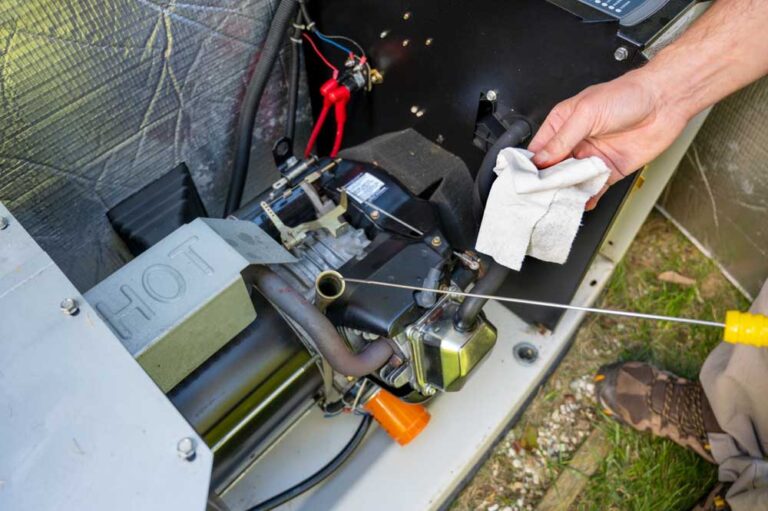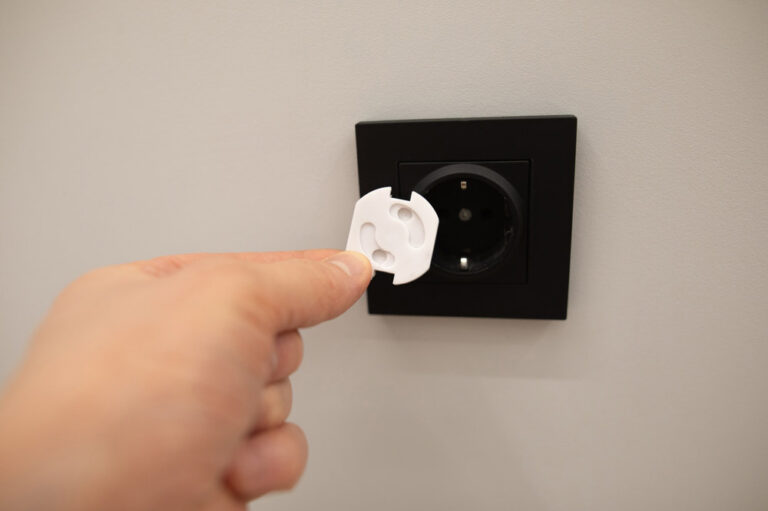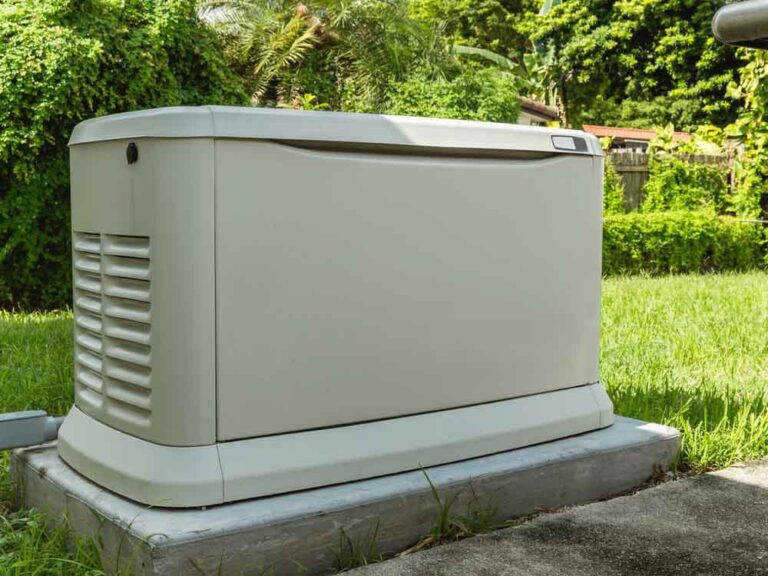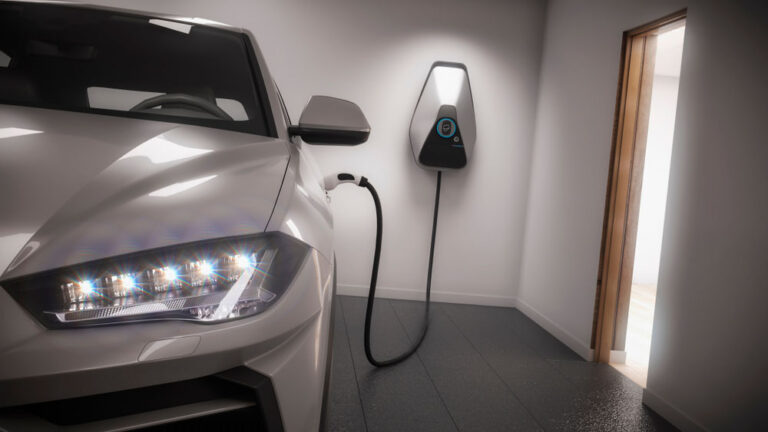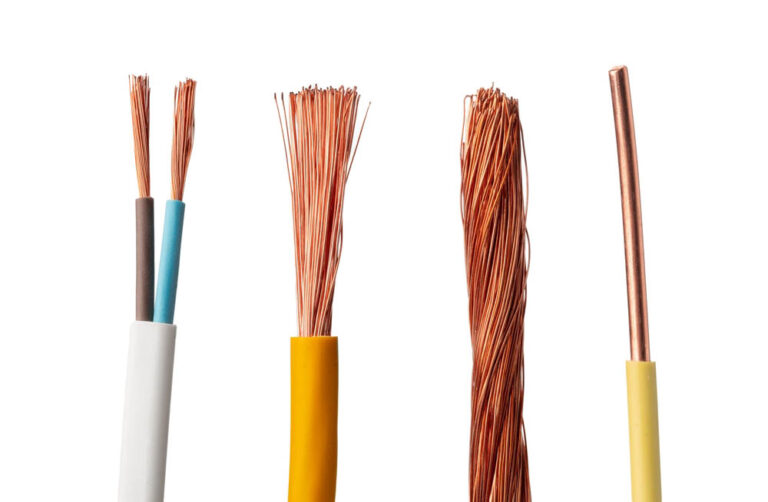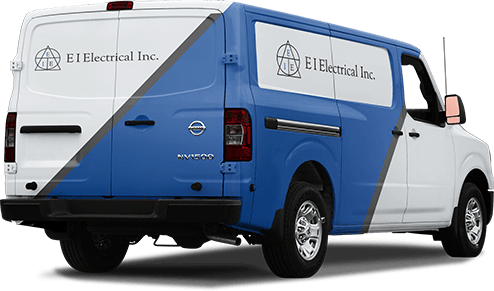Recent Posts
Generator Noise Reduction: Keeping Your Home Peaceful During Outages
While generators are essential during power outages, noise from these systems can disrupt daily life, especially in quiet residential areas. For families relying on home generators in Ewa Beach, HI, working with professionals like E I Electrical Inc. can make a significant difference. Their team provides expert solutions to reduce noise while maintaining generator efficiency…
Read MorePreventing Electrical Fires: Inspections and Maintenance of Switches and Outlets
Electrical fires often begin at switches or outlets that are damaged, overloaded, or incorrectly wired. Regular inspection and maintenance reduce the risk of fire and improve system safety. For expert electrical outlet & switch services in Honolulu, HI, E I Electrical Inc. offers reliable inspection, repair, and installation to help keep your home or business…
Read MoreEmployee Productivity: How LED Lighting Impacts the Workplace
Workplace lighting affects more than just visibility. It influences focus, mood, and overall employee performance. Businesses looking to create a more effective work environment are turning to energy-efficient solutions like an LED lighting retrofit in Kapolei, HI. E I Electrical Inc. offers professional lighting upgrades that improve comfort and help support productivity while reducing energy…
Read MoreChildproofing Your Electrical System: Safety Tips for Outlets and Switches
Protecting young children from electrical hazards is an essential part of home safety. Outlets and switches are often within a child’s reach, making them a common concern for parents. If you’re upgrading your system or starting fresh, E I Electrical Inc. can help you create a safer environment with expert professional electrical outlet & switch…
Read MoreWhy LEDs Are The Best Indoor And Outdoor Lighting Options For Your Small Business
Lighting plays a direct role in how customers experience your space and how much you spend on monthly utilities. If you’re looking for efficient, low-maintenance options, an LED lighting retrofit in Ewa Beach, HI is the right step for your business. E I Electrical Inc. offers expert lighting solutions to help local businesses improve visibility,…
Read MoreUnderstanding Generator Sizing: How Much Power Do You Really Need?
Choosing the right generator size is critical to keeping your home powered during outages without overloading your system. Whether you’re preparing for emergencies or regular power interruptions, selecting the proper capacity for home generators in Mililani, HI is essential. E I Electrical Inc. specializes in helping homeowners find and install the right generator based on…
Read MoreMaximizing EV Range: How Home Charging Impacts Your Driving
Owning an electric vehicle offers many advantages, but getting the most range out of each charge depends heavily on how you power your car at home. With reliable EV charger installation in Honolulu, HI, E I Electrical Inc. provides homeowners with efficient charging solutions that support everyday driving needs. Home charging plays a direct role…
Read MoreBeyond Capacity: Signs Your Home’s Panel is Putting You at Risk
Your home’s electrical panel is the control center for all power distribution. When it’s overloaded or outdated, it can create serious safety issues. If you’re noticing issues or planning an upgrade, electric panel installation in Hawaii Kai, HI should be handled by professionals like E I Electrical Inc. Their team specializes in electrical panel safety…
Read MoreCan You Install A Separate Electricity Meter In Your Hawaii Home?
Many homeowners in Hawaii want to track and divide energy use. This is what you can do when you install a separate electricity meter, or submeter. They can be a practical solution for separate billing. Whether you’re managing a rental unit or monitoring consumption, professional electrical meter upgrades in Honolulu, HI, make it possible. Separate…
Read MoreBest Wires To Use For New And Replacement Outlets And Switches
The right wire is critical when installing or replacing outlets and switches. These wires work with safety and long-term performance. They bridge all elements of the circuits and connections. Professional electrical outlet & switch services in Kaneohe, HI use these wires for new or replacement installations. Wiring For Switches And Outlets Professional electricians start installations…
Read More
